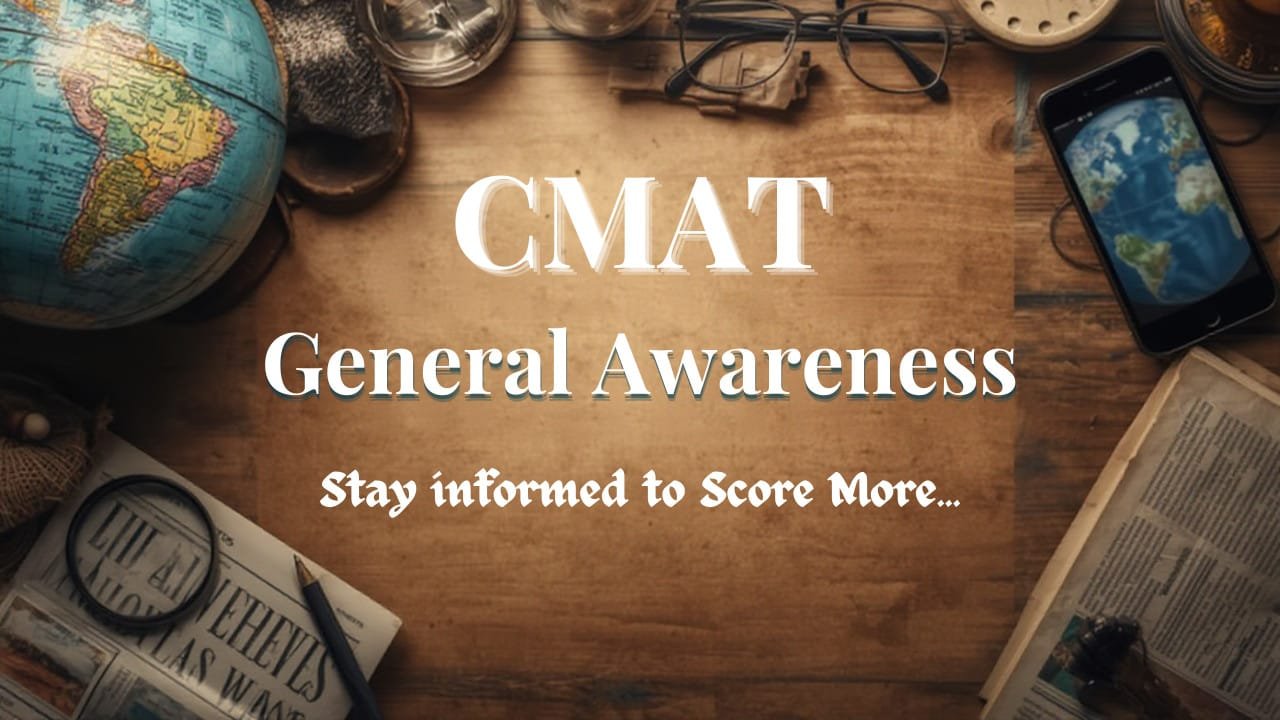Introduction:
The CAT (Common Admission Test) is a highly competitive examination that opens doors to India’s most prestigious management institutes. As the CAT exam date approaches, the importance of CAT mock tests cannot be overstated.
In this comprehensive guide, we will explore the pivotal role of CAT mock tests in your CAT preparation, delve into the specifics of CAT mock tests, offer expert strategies to make the most of them, and equip you with valuable insights to ace the CAT exam.
The Significance of CAT Mock Tests
CAT mock tests are not just practice exams; they are your most valuable preparation tools. Let’s delve into why these mock tests hold such significance:
1. Exam Simulation:
CAT mock tests closely mimic the actual CAT exam. They replicate the exam environment, format, and timing, preparing you for the real thing.
2. Performance Assessment:
CAT mock tests assess your current level of preparation. By taking these tests, you can gauge your strengths and identify areas that need improvement.
3. Time Management:
CAT mock tests help you manage your time effectively during the exam. Practicing under timed conditions is vital to ensure you complete the CAT paper on time.
4. Question Familiarity:
CAT mock tests acquaint you with the types of questions asked in the CAT exam. This exposure allows you to become familiar with question patterns and strategies.
5. Confidence Building:
Scoring well in CAT mock tests boosts your confidence. The more you practice, the more confident and less anxious you become about the actual CAT exam.
Understanding the CAT Mock Test Structure
CAT mock tests follow the same structure as the actual CAT exam:
1. Verbal Ability and Reading Comprehension (VARC):
- Reading Comprehension (RC)
- Vocabulary-Based Questions
- Sentence Correction and Grammar
- Para-Jumbles
- Critical Reasoning
2. Data Interpretation and Logical Reasoning (DILR):
- Data Interpretation (DI)
- Logical Reasoning (LR)
- Caselets
- Data Sufficiency
3. Quantitative Ability (QA):
- Number Systems and Arithmetic
- Algebra, Geometry, and Mensuration
- Trigonometry, Permutations and Combinations, Probability
- Set Theory, Functions, Coordinate Geometry
Strategies for CAT Mock Test Success
Mastering CAT mock tests requires a well-thought-out strategy. Here’s how to make the most of these invaluable tools:
1. Start Early:
Begin taking CAT mock tests well in advance of the exam date. Early engagement allows you to understand your baseline performance and the areas that need the most work.
2. Create a Realistic Exam Environment:
Simulate actual exam conditions while taking mock tests. Sit in a quiet room, time yourself, and limit interruptions. This will help you get accustomed to the CAT exam environment.
3. Analyze Your Performance:
After taking a CAT mock test, analyze your performance in detail. Review your correct and incorrect answers, identify patterns in your mistakes, and understand where you could have saved time.
4. Target Weak Areas:
Use CAT mock tests to identify your weaker areas and focus your preparation on them. Consistent practice in these areas will lead to improvement.
5. Build a Test-Taking Strategy:
Develop a strategy for tackling different sections of the CAT exam. For example, in VARC, focus on reading comprehension, vocabulary, and grammar. In DILR, practice logical reasoning and data interpretation, and in QA, build a strong foundation in mathematics.
6. Time Management:
Managing time effectively during the CAT exam is crucial. During mock tests, practice allocating time to each section and sticking to it. Time management can be a game-changer in achieving a high CAT score.
7. Consistent Practice:
Consistency is key. Take CAT mock tests regularly, ideally one or two per week. Consistent practice will help you improve steadily.
8. Take Full-Length Mock Tests:
Incorporate full-length CAT mock tests into your preparation routine. These simulate the complete CAT exam experience and provide an accurate measure of your readiness.
9. Analyze Trends:
Track your progress through CAT mock tests. Are you improving in areas where you initially struggled? Are there consistent patterns in the types of questions you get wrong? This data is valuable for refining your study plan.
The CAT Mock Test Scorecard
The score you achieve in CAT mock tests is an indicator of your preparedness. However, don’t become overly fixated on scores alone. Here’s what to keep in mind:
1. Progress Matters:
It’s not uncommon to score lower in the initial mock tests. What’s important is consistent progress. If your scores are improving over time, you’re on the right track.
2. Learn from Mistakes:
Mock tests are learning tools. Analyze your mistakes, understand why you got certain questions wrong, and work on those areas.
3. Don’t Be Discouraged:
A low score in a mock test doesn’t define your potential. CAT mock tests are meant to challenge you. Use them to identify areas for growth.
4. Build Endurance:
The CAT exam is a three-hour marathon. Use mock tests to build your endurance and concentration.
Preparing for the CAT Exam
In addition to CAT mock tests, a well-rounded study plan is crucial. Focus on building a strong foundation in the CAT syllabus, solving previous years’ CAT papers, and revising key concepts. Combine this with regular mock test practice to create a winning CAT preparation strategy.
Conclusion:
In conclusion, CAT mock tests are the cornerstone of your CAT preparation. Embrace them, learn from them, and leverage them to achieve your best possible CAT score. With dedication, consistent practice, and strategic refinement, you can confidently step into the CAT exam hall, knowing you’re fully prepared to ace this competitive test and secure a seat in one of India’s premier management institutes. Best of luck on your CAT journey!
Author Bio:
Rabs Monteal is a seasoned writer at Hitbullseye with an in-depth knowledge of CAT. His captivating writing style is not only engaging for online readers but also deeply informative. He has published various CAT Mock Tests, underscoring his profound expertise in the realm of educational writing, especially in the context of the CAT examination.














Leave a Reply